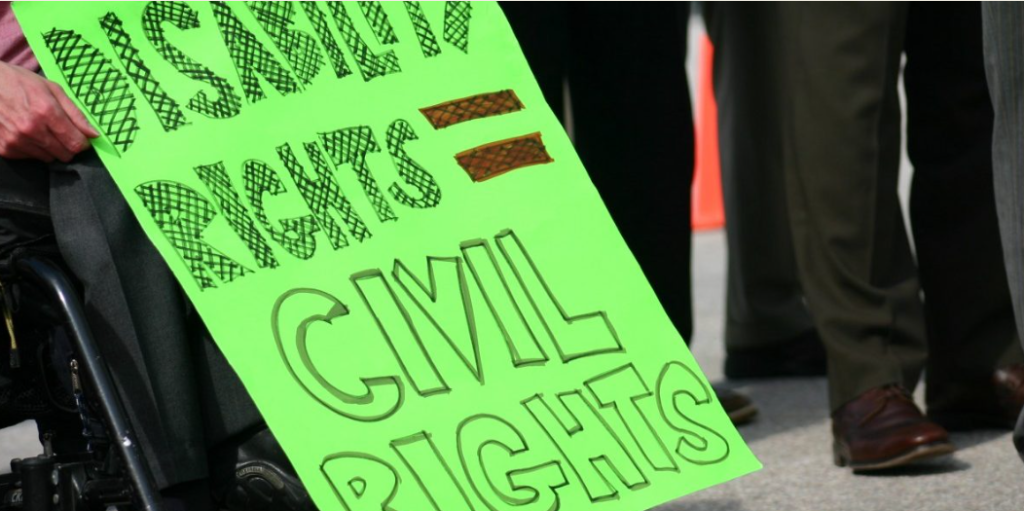Chief Justice D.Y. Chandrachud said that portrayals which carry negative stereotypes about PwD would impact their dignity and perpetuate social discrimination against them.

The Supreme Court on Monday, July 8, issued a set of guidelines against the “disparaging” portrayal of persons with disabilities (PwD) in visual media and films, PTI reported.
A three-judge headed by Chief Justice D.Y. Chandrachud said that terms such as “cripple” and “spastic” have acquired “devalued meanings” in societal perceptions.
The court said that portrayals which carry negative stereotypes about PwD would impact their dignity and perpetuate social discrimination against them. “Words cultivate institutional discrimination and terms such as cripple and spastic have come to acquire devalued meanings in societal perceptions about persons with disabilities,” the bench said.
“Visual media should strive to depict diverse realities of persons with disabilities, showcasing not only their challenges but also successes, talents and contribution to society. They should neither be lampooned based on myths nor presented as super cripples,” it added.
The top court verdict came on a petition filed by activist Nipun Malhotra challenging the alleged insensitive portrayal of differently-abled individuals in the film Aankh Micholi, produced by Sony Pictures.
The Chief Justice lamented that PwD are used to provide comic relief and jokes are made at their expense. There is a historical use of humour to mock disability, the Chief Justice, who authored the judgment, noted.
The court said that “creators of films and visual media content must search for an accurate representation of a medical condition as much as possible. Misleading portrayals may perpetuate misinformation about a condition”, The Hindu reported.
The court drew the attention of the government that the Convention on the Rights of Persons with Disabilities requires authorities to take in the “lived experiences” of the group concerned.
Article Credit: thewire